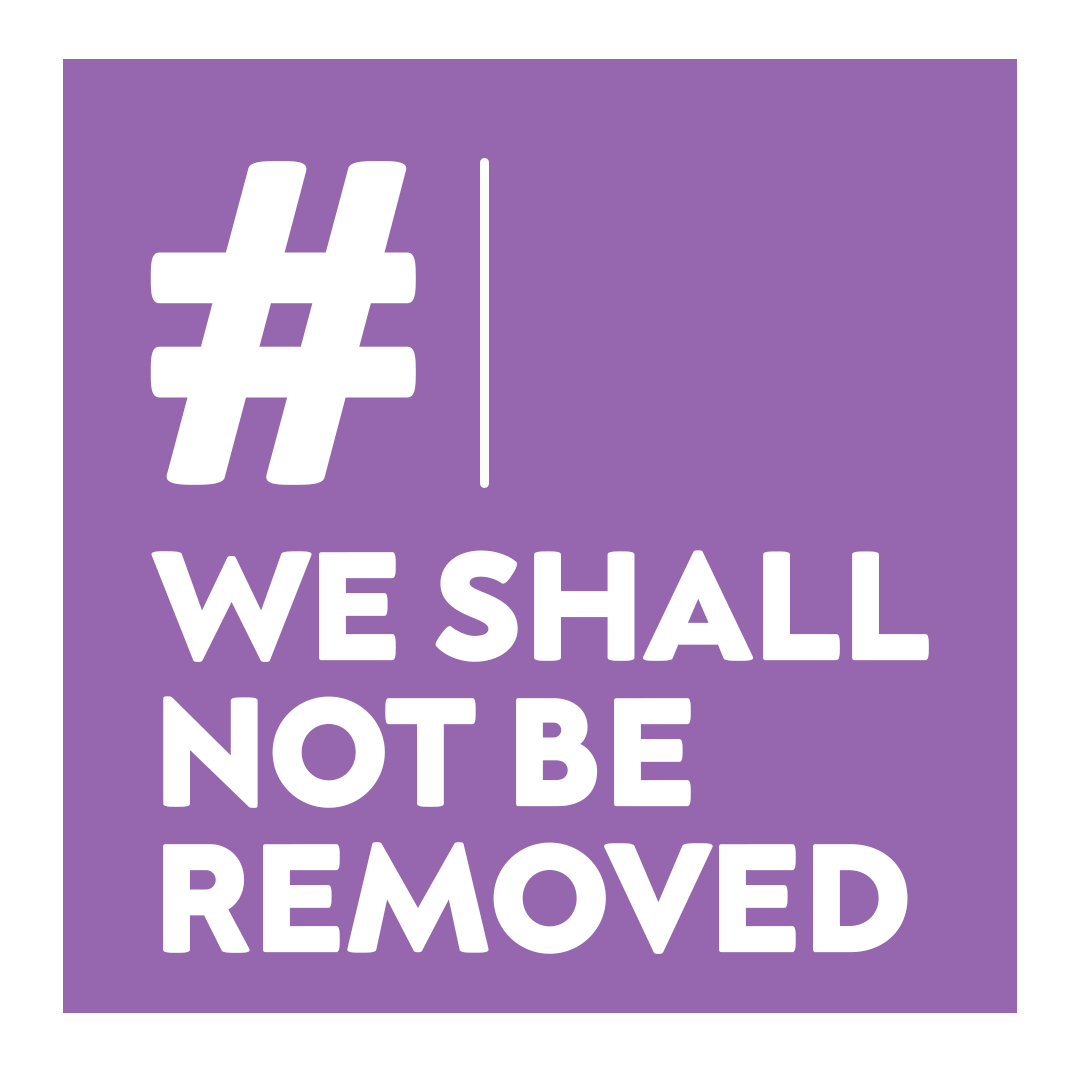#WeShallNotBeRemoved Survey Summary
The UK Disability Arts Alliance is marking the first anniversary of its campaign by revealing the findings of a new survey that highlights significant threats to the continued participation of creative deaf, disabled, learning disabled and neurodiverse people in the cultural sector.
The UK Disability Arts Alliance 2021 Survey Report is the first to focus specifically on the impact of the pandemic on disabled people and organisations in arts & culture. The survey reveals a shockingly fragile cultural environment for disabled people:
- Half of respondents reported they had less work than before Covid, or no work at all
- Half did not access government or arts council financial support
- One third describe themselves as precariously employed or on a zero hours contract
- A further third have experienced homelessness
- Nearly two thirds are worried that they will have to leave the creative industries
- The vast majority of our respondents are freelance with only 7% reporting being in full time salaried work, and half of them are worried about their long term job security
- One in five disability arts organisations have already made people redundant, not renewed contracts, or not taken on new staff because of the pandemic.
- 58% of organisations have needed to dip into their financial reserves in 2020.13% had no reserves to start with
- Government or arts council emergency financial support schemes (including CRF and SEISS) have been critical in maintaining organisations, preventing further redundancies, supporting freelancers and have been necessary and wholly productive for beneficiaries.
- A significant 82% of respondents expressed concern about the continued provision of access for disabled audiences through reopening. This implies the cultural sector needs to swiftly offer reassurance to disabled audiences that access remains a top priority.
- The #WeShallNotBeRemoved campaign is achieving better than average representation across most diversity metrics, with a high degree of support expressed for the Seven Inclusive Principles
The Survey took place during April 2021 and is an analysis of over 130 individual respondents.
Compiler of this survey Alistair Gentry said, “As an artist and arts freelancer myself I knew that the vast majority of arts practitioners rely on other jobs. But even I was shocked that a third of the disabled, D/deaf and neurodivergent people in our survey are so precariously employed or on zero hours contracts, and a further third have experienced homelessness. Nobody can be productive or creative under conditions like that. No support and respect for freelance artists and arts workers, no arts sector. It’s that simple.”
#WSNBR Convener Jo Verrent MBE said, “We all knew the pandemic was impacting on disabled people in the arts sector heavily – now we can see just how weighty that blow has been. There is a brief window in which to act if we wish to stop the erasure of disabled people from the place it’s taken over 30 years for us to gain in the cultural sector. It is now for the right people to read, share and act on these findings and take immediate action. We Shall Not Be Removed.”
#WSNBR co-founder Andrew Miller MBE said, “This survey is the first to reveal the full fragility of disabled people’s place in the cultural sector following the pandemic and highlights alarming intersectional inequalities. The impacts on disabled freelancers and disability arts organisations are significant, and will require additional targeted support from funders and a rebuilding of trust with the wider sector to ensure the UK remains a global leader in fully inclusive culture”.
The full UK Disability Arts Alliance Survey Report with detailed analysis and alternative formats can be found here: https://www.weshallnotberemoved.com/2021survey/
BSL Video Summary
Alternative Formats
Audio: Click here to download as MP3
EasyRead: Click here to download as PDF
This project was enabled by Unlimited thanks to additional financial support from the Paul Hamlyn Foundation.
